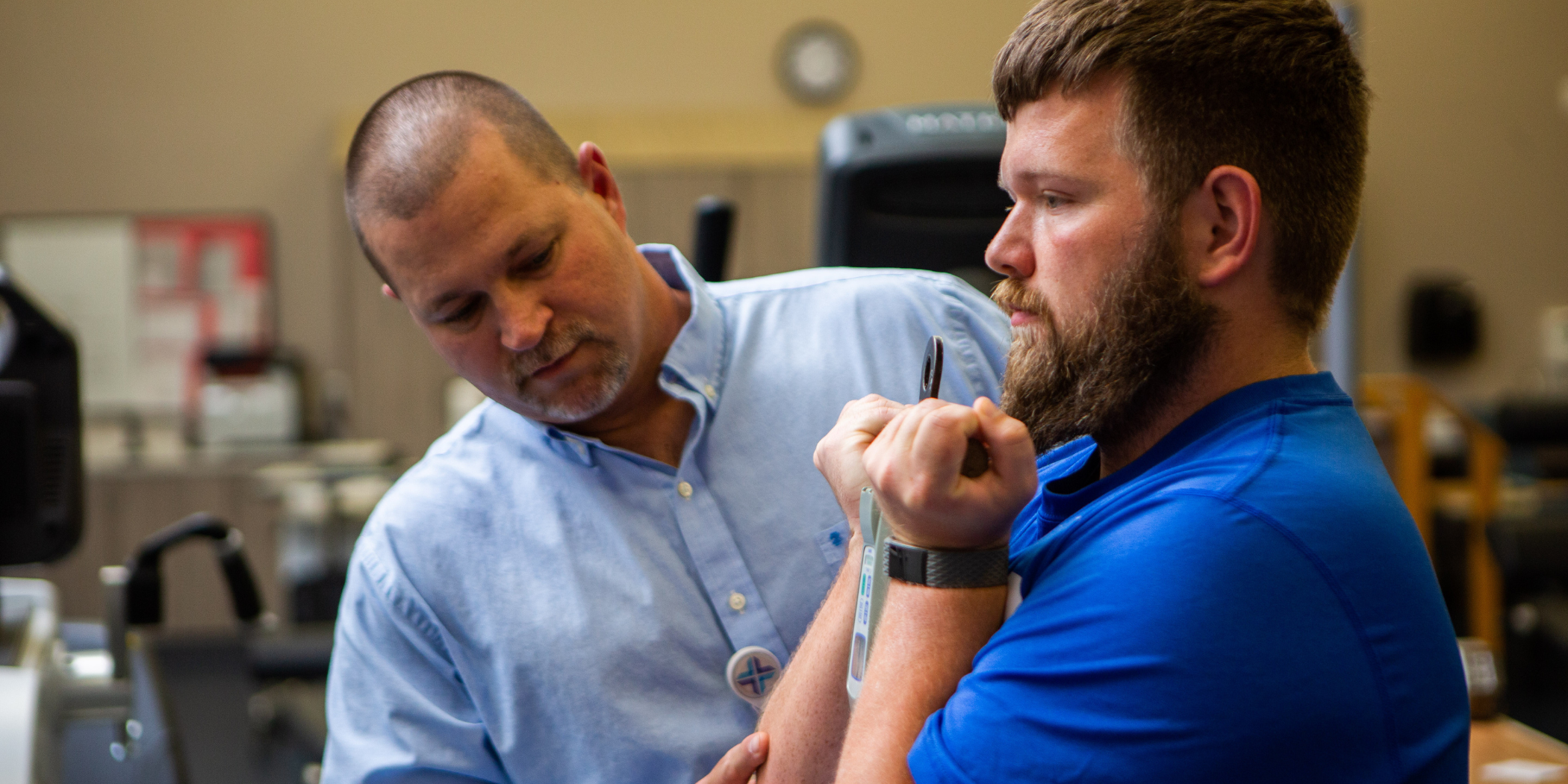
For Men Only 2.0: The 411 on optimizing your health
Being a male in my late forties, I am facing many health concerns that most men have.
However, the earlier we as men develop a consistently healthy lifestyle, the better our future health will be. As a physician, I tell patients that there is no time like the present to make health changes. I only wish these were discussions someone had with me in my twenties or thirties!
Here are a few men's health topics that come up all the time in my work:
Talking about health
As a primary care physician, I view my role as an advocate, educator and coach. A routine visit with me usually includes blood work, a physical exam, and a discussion of lifestyle changes, if needed, to help patients be as healthy as possible.
Men are often embarrassed to discuss medical issues with others, including their physician. Men also tend to avoid issues, hoping they will resolve themselves. Men should make a list of health concerns prior to a physician visit and make sure they are all addressed before leaving.
Men's health is more than prostate cancer. Here are some other concerns I see from male patients:
Sex life
If men were honest, one of their biggest concerns is maintaining a healthy sex life. The risk factors for erectile dysfunction include diabetes, high blood pressure, high cholesterol, obesity, use of tobacco products and stress. Many of these risk factors are modifiable.
Hormones
Hormones, including testosterone, have a significant impact on men and their health. Low testosterone is associated with fatigue, loss of muscle mass, depression, metabolic abnormalities, and decreased libido. The average male will have a peak testosterone level at age 30 and will decline by 10 percent per decade. Our goal is to adopt lifestyle changes that keep testosterone in a healthy range.
Changes
It may not always be easy, but I encourage my patients to do the following in order to stay in good health:
- Establish a comfortable relationship with your primary care physician
- Limit screen time
- Reduce stress
- Practice strength training
- Quit smoking
- Limit alcohol use
- Eat healthy
- Don't let your work be the be-all and end-all of your life
- Take time to have fun
- Find a higher calling and purpose for your life
Chris Smith, MD, is a family medicine physician at Medical Group of the Carolinas — Family Medicine — Five Forks.











